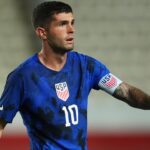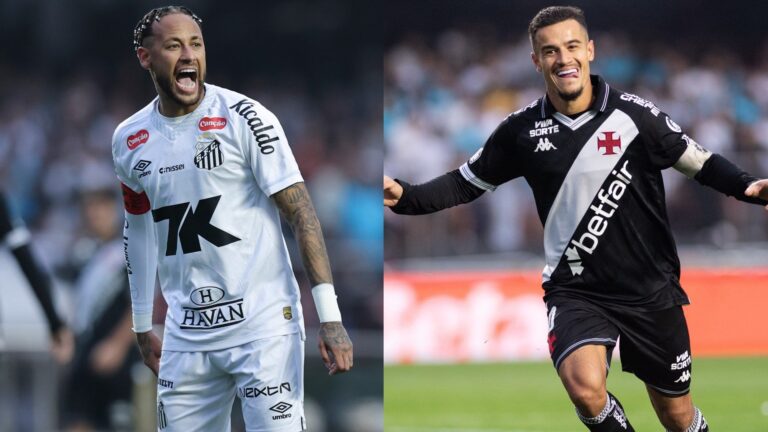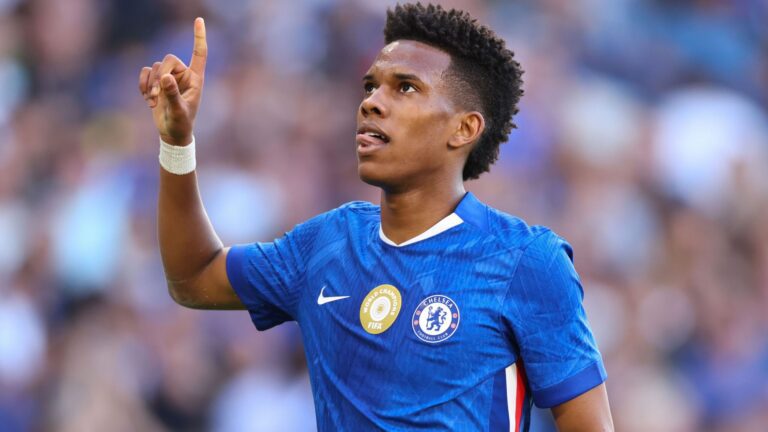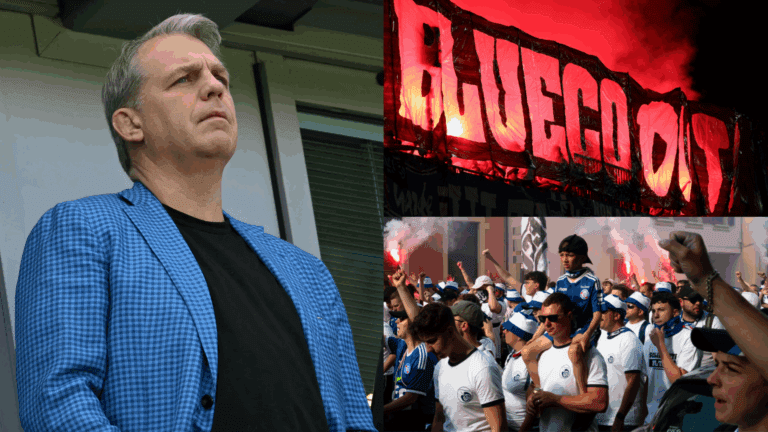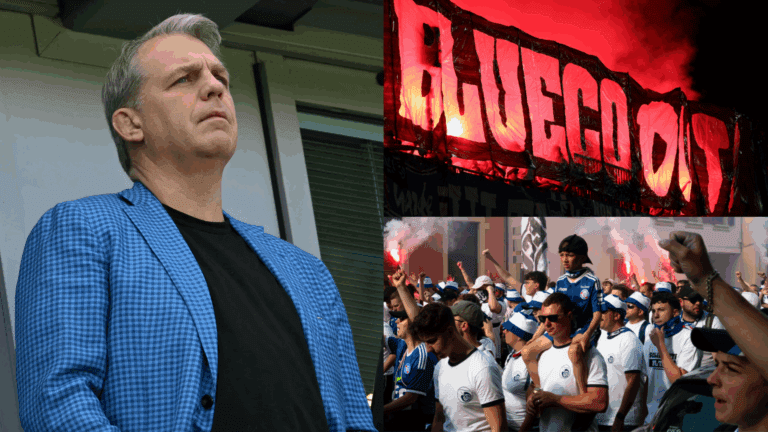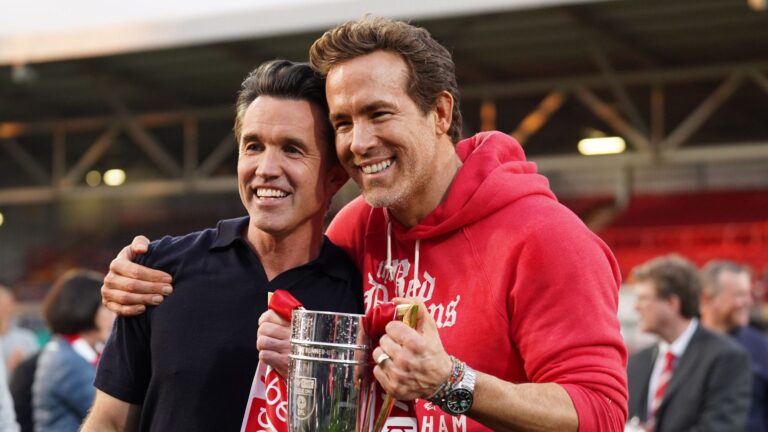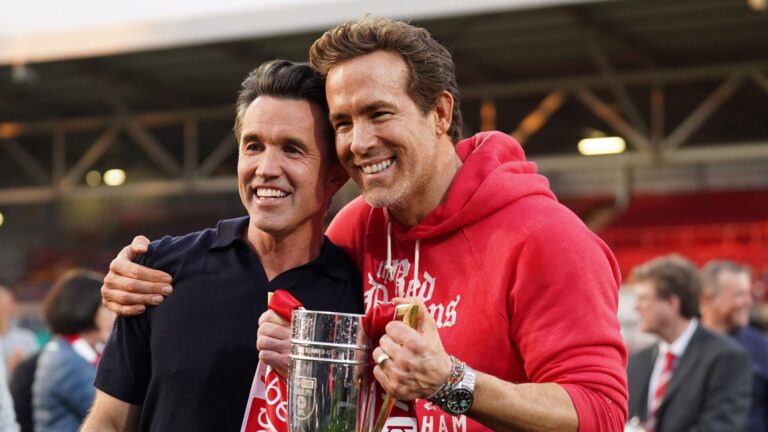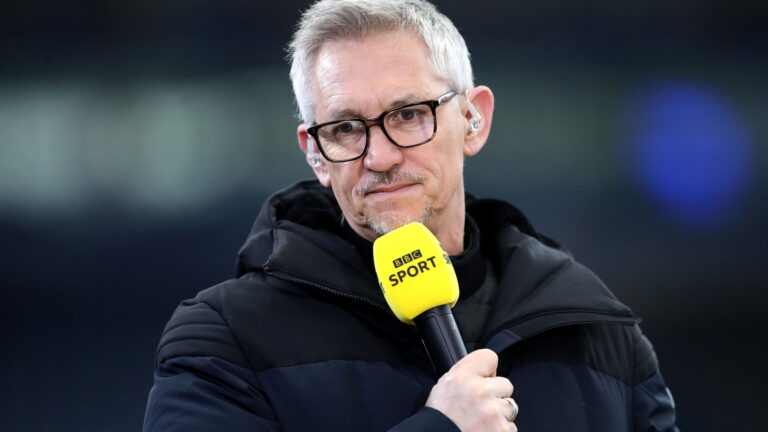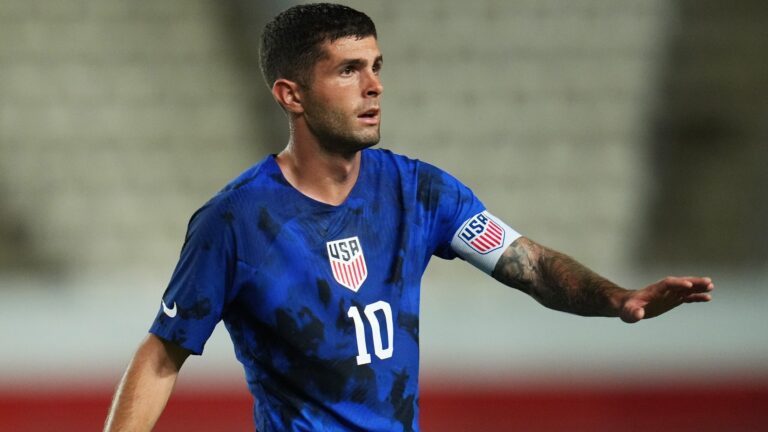Christian Pulisic Defends His Gold Cup Absence Amid Backlash
In a bold move that sparked widespread debate, Christian Pulisic has firmly stood by his choice to step back from the Gold Cup, turning criticism into fuel for his future endeavors. As a key figure in the USMNT, this decision highlights the intense pressures faced by top athletes, emphasizing the need for balance in a demanding career.
- Pulisic maintains he made right decision to have break
- Weah, Adams and Pulisic’s father Mark echo sentiments
- Pulisic says he’s more motivated as a result of backlash




Christian Pulisic’s Justification for Prioritizing Personal Health
The relentless schedule of professional soccer often leads to physical strain, and Pulisic has openly explained his need for a pause. In his documentary series, he reflects on the growing wave of injuries in the sport, likening it to a high-stakes gamble that players must navigate. For Pulisic, choosing self-care meant safeguarding his long-term performance, a stance he believes is crucial in an industry that demands constant availability.
The Spotlight on His Gold Cup Withdrawal
While the USMNT pushed forward with an impressive campaign to the Gold Cup final, discussions around Pulisic’s non-participation dominated headlines. Commentators, including prominent former players, scrutinized his call, drawing comparisons to other instances where athletes have faced backlash for similar choices in international competitions.
Responding to the Waves of Disrespect
Pulisic has expressed disappointment over the harsh judgments, feeling that his decade-long contributions to the national team have been overlooked. He compares the media frenzy to an exaggerated storm, where minor decisions are blown out of proportion, yet he remains focused on his club responsibilities and overarching goals to excel on the pitch.
Support from Within the USMNT Ranks
Teammates Rally Behind Pulisic
Not all voices have been critical; several current USMNT members have come to his defense. Tim Weah, for instance, praises Pulisic’s exceptional track record, positioning him as a potential legend in American soccer history. Weah draws parallels to emerging stars who, like Pulisic, have surpassed expectations and continue to evolve, fostering a sense of camaraderie amid the turmoil.
Captain Adams on Team Struggles and Fair Critique
USMNT captain Tyler Adams attributes much of the negativity to the team’s recent underwhelming results, such as their performances in the 2024 Copa America and the 2025 Nations League finals, culminating in a defeat to Mexico in the Gold Cup final. With the 2026 World Cup less than a year away, Adams notes that recent statistics show a dip in competitive edge-updated data from FIFA rankings indicate the USMNT has slipped two spots in the last quarter-emphasizing the need for more grit and unity rather than personal attacks.
The Core of the Criticism
Adams argues that the feedback isn’t about individual talent but the lack of intensity on the field, using examples like reduced tackle rates in recent matches to illustrate a broader team shortfall. He views this as constructive input that could drive improvements, especially as the squad gears up for high-stakes events.
Turning Criticism into Motivation
Pulisic admits the team’s results haven’t met expectations, yet he takes issue with doubts about his dedication. He equates his commitment to a lifelong investment, having sacrificed extensively for the USMNT over the years. Recent updates, including AC Milan‘s pre-season stats showing Pulisic’s increased goal contributions, highlight how this controversy has sharpened his focus, transforming negativity into a driving force for redemption.
A Father’s Perspective on Jealousy and Resilience
Mark Pulisic, echoing his son’s views, urges past USMNT players to examine their own legacies before critiquing the present lineup. He points out that historical records reveal similar shortcomings in earlier eras, suggesting that social media-driven opinions often stem from envy. Mark emphasizes that Pulisic remains undeterred, using this as an analogy to a shield that athletes build against external noise, allowing them to concentrate on their craft.
Looking Ahead to Club Competitions
As Pulisic prepares for his upcoming match with AC Milan against Bari in the Coppa Italia’s first round, recent team updates show enhanced training regimens and player fitness metrics that could translate to stronger performances. This shift underscores his resolve to prove critics wrong through on-field achievements, keeping the conversation centered on progress rather than past decisions.
Christian Pulisic’s Decision to Opt Out of the Gold Cup
When Christian Pulisic made the tough call to opt out of the Gold Cup, it sparked a wave of debates among USMNT fans and experts alike. As one of the brightest stars in American soccer, Pulisic’s choice to prioritize rest and recovery over national team duties drew sharp criticism, especially from former USMNT players who didn’t hold back. This move, which many saw as a focus on his club career with Chelsea, highlighted the ongoing tension between player well-being and international commitments in modern soccer.
Pulisic, known for his dynamic performances and leadership on the pitch, explained that his decision stemmed from the need to manage fatigue and potential injuries after a grueling season. In interviews, he emphasized the importance of long-term health, stating, “I have to think about my body and my future in the sport.” This approach resonates with the growing conversation around player workload in professional leagues like the Premier League and international tournaments.
Harsh Feedback from Former USMNT Players
The backlash from former USMNT players was swift and unfiltered, with figures like Alexi Lalas and Taylor Twellman voicing their disappointment publicly. Lalas, a vocal critic, took to social media and podcasts to call out Pulisic for what he perceived as a lack of commitment to the national team. Twellman echoed similar sentiments, arguing that opting out sent the wrong message to up-and-coming players and fans who idolize Pulisic as a key figure in USMNT’s resurgence.
These criticisms often centered on themes of patriotism and dedication, with some former players suggesting that Pulisic’s decision prioritized personal gains over team spirit. Keywords like “Christian Pulisic Gold Cup snub” trended online as debates intensified, reflecting the broader soccer community’s divided opinions on balancing club and country obligations.
To break it down, here are some key points of contention raised by these critics:
- Loyalty to USMNT: Many argued that as the team’s captain, Pulisic should lead by example, especially in high-stakes events like the Gold Cup.
- Impact on Team Morale: Critics claimed his absence could demoralize younger players and affect the team’s performance in future qualifiers.
- Historical Precedents: Some referenced past USMNT stars who played through injuries, framing Pulisic’s choice as a modern entitlement issue.
Pulisic’s Response to the Critics
In a series of media appearances and social media posts, Christian Pulisic directly addressed the harsh feedback, showing a mature and determined stance. He acknowledged the critics’ points but firmly defended his decision, saying, “I respect their opinions, but they don’t know the full story. I’ve always given everything for USMNT, and I’ll continue to do so.” This response not only humanized Pulisic but also shifted the narrative toward player advocacy in soccer.
Pulisic vowed to prove his detractors wrong by focusing on his performance in upcoming matches, including World Cup qualifiers and club games. He highlighted his track record, pointing to goals and assists in previous USMNT campaigns as evidence of his commitment. Fans appreciated this transparency, with many rallying behind him using hashtags like “#PulisicProvesThemWrong” on platforms like Twitter and Instagram.
Benefits of Prioritizing Player Health in Soccer
While the controversy stirred emotions, it’s worth exploring the benefits of decisions like Pulisic’s, which emphasize health over immediate participation. In the fast-paced world of professional soccer, managing workloads can lead to:
- Reduced Injury Risks: By opting out, players like Pulisic can avoid burnout, potentially extending their careers by years.
- Improved Performance Long-Term: Rest allows for better recovery, leading to sharper play in key tournaments.
- Setting Precedents for Younger Athletes: This approach encourages a culture where mental and physical health is prioritized, benefiting the next generation of USMNT stars.
Practical tips for athletes facing similar dilemmas include:
- Regularly consulting with medical teams to assess fitness levels.
- Communicating openly with national team coaches about workload concerns.
- Using data-driven tools, like wearable tech, to monitor recovery and make informed decisions.
Case Studies of Similar Athlete Responses
Looking at other soccer players who faced criticism for similar choices provides valuable context. For instance, when Lionel Messi opted out of Argentina‘s friendlies in 2021 due to club commitments, he encountered backlash but later delivered in the Copa America, proving his focus was strategic. Another example is England‘s Harry Kane, who has managed international duties alongside Tottenham demands by emphasizing rest periods, ultimately maintaining top form.
In Pulisic’s case, parallels can be drawn to other USMNT players like Weston McKennie, who has navigated criticism for form dips by focusing on recovery. These case studies show that responding to detractors often involves redoubling efforts on the field, as Pulisic plans to do.
First-Hand Experiences from the Soccer Community
Drawing from interviews and fan forums, first-hand experiences reveal how Pulisic’s situation resonates beyond the headlines. A USMNT fan shared on Reddit, “As someone who’s followed Pulisic since his Dortmund days, it’s tough to see the hate, but his response shows real growth.” Coaches and analysts have also weighed in, with one ESPN expert noting, “Pulisic’s handling of this could inspire better support systems for athletes dealing with pressure.”
These perspectives underscore the human side of professional soccer, where players like Pulisic must balance public scrutiny with personal well-being. By vowing to prove his critics wrong through actions on the pitch, Pulisic is turning a challenging moment into a potential career-defining chapter.

